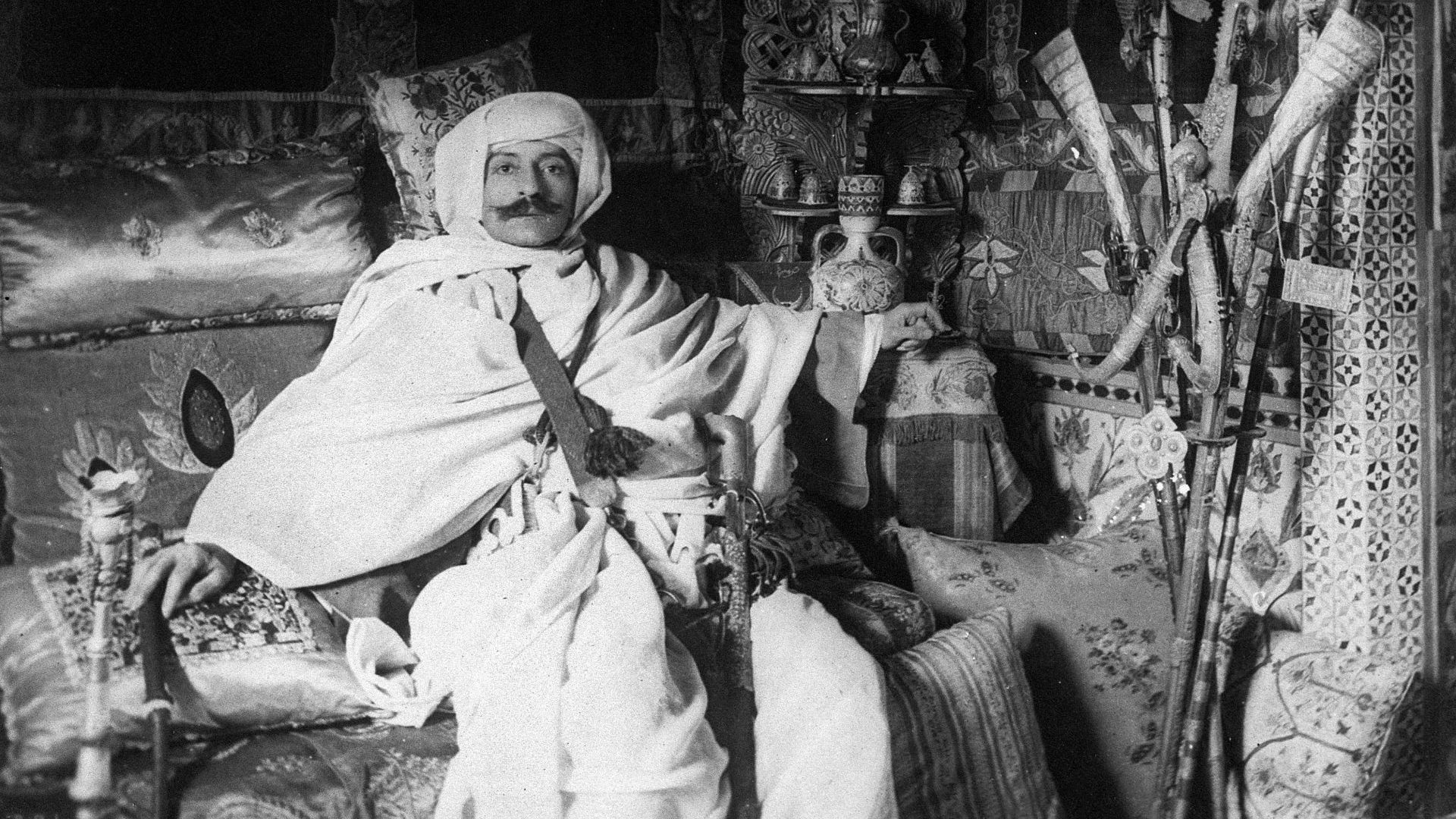“Language shift” is a term which refers to situations where an entire community, or a large proportion of it, gradually stops speaking their mother tongue and switches to another language.
Until the 19th century, most people in most of Ireland were native speakers of Irish Gaelic. But then a process of language shift set in whereby the majority of the population gradually abandoned the Irish language and shifted to the colonial language, English. Today the entire island of Ireland has become a space where English is spoken natively instead of, or as well as, Irish Gaelic – there are still hundreds of thousands of people living there who can speak Irish.
This shift has meant that many traces of Gaelic can be found in the modern English of Ireland. These linguistic vestiges resulted from 19th-century English having been learnt post-childhood as a second or foreign language by people whose mother tongue had been Gaelic.
When adults and adolescents learn a foreign language, they invariably retain a foreign accent and tend not to reproduce the grammar of the new language exactly. This is how some non-native features found their way into the English of originally Irish mother-tongue communities – and have now become established as an integral part of the native-speaker English of Ireland.
The traces of Irish Gaelic which were left behind include Gaelic-origin words, and aspects of the pronunciation of Irish English, but we also find grammatical features. The grammatical construction known as the “after perfect” is exemplified in Irish English expressions such as “I’m after reading the paper”, meaning “I’ve just read the paper”. This is a direct loan translation or calque from Irish Gaelic, where that same grammatical pattern is used.
Irish English can therefore be called a “shift variety” of our language. It is a type of English which has some linguistic characteristics left over, as it were, from Gaelic.
Guernsey English is also a shift variety. Until the mid-19th century, the population of the island mostly spoke a variety of Norman French. Today rather few people speak this language, but the English of the island is a typical shift variety, with a number of features derived from Norman French, for example, “I can’t say, me”, based on the pattern of French “Je ne peux pas dire, moi”.
Manx English, another shift variety, similarly has constructions which are modelled on Manx Gaelic, such as “They’d money at them”, signifying “they had (plenty) of money”.
Most of North America became English-speaking because of the large numbers of English speakers from the British Isles who emigrated to the continent, bringing their own language with them. But another, albeit much smaller, factor was language shift on the part of Native Americans, who abandoned their native languages – often under duress – and began using English instead. Large numbers of Native Americans are now monolingual English speakers, but the English spoken by many of them retains features carried over from their ancestral Native American languages, because their forebears learnt it as a foreign language after childhood. The same kind of scenario applies also to the distinctive varieties of English of Wales, the highlands of Scotland, and the Northern Isles (Orkney and Shetland), where the indigenous languages are, or were, respectively Welsh, Scottish Gaelic, and Norn.
IRISH VOCABULARY
A number of Irish Gaelic words survive into modern Irish English, such as:
boreen (from bóithrín “small road”) “narrow rural road”; colleen “young woman” (from cailín); poteen “hooch” (póitín); sleveen “sly person” (slíbhín);
ommadhawn “fool” (amadán); bosthoon “clown” (bastún); spalpeen “rascal”
(spailpín “seasonal worker”); kish “basket” (cis); and slane “turf-spade.” (sleaghán).




